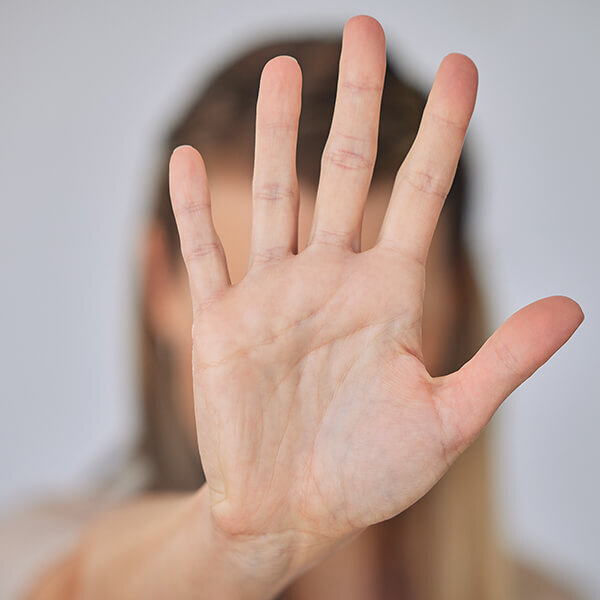
Hypoactive Sexual Desire Disorder (HSDD) is when someone has a low or absent interest in sex that causes stress or affects their relationship. If you’re looking for support, tools, or guidance, visit our DOXXES store on North Freeway / Little York for discreet help and confidence-boosting products.
What Is HSDD?
HSDD stands for Hypoactive Sexual Desire Disorder. It means having little or no interest in sexual activity for a long time—enough to cause emotional distress.
There are different ways it may appear:
- Superficial: no desire for physical closeness
- Deep: lack of emotional connection
- Provoked: desire only when encouraged or triggered
Why Does HSDD Happen?
Emotional and mental causes:
- Chronic stress or anxiety
- Past sexual trauma or abuse
- Unresolved conflicts in relationships
- Low confidence or poor body image
Physical or medical causes:
- Hormonal imbalances (low testosterone or estrogen)
- Ongoing illness or infection
- Pelvic floor problems
- Side effects from medication (like antidepressants)
Most people experience a mix of both emotional and physical causes.
Real-Life Examples and Triggers
Examples of how HSDD might feel:
- A woman no longer feels desire, even with a loving partner
- A man avoids sex after prostate surgery
- A couple stops being intimate due to work-related stress
- Someone fears pain during sex, so they avoid it completely
How to find your triggers:
- Keep a journal: track low-desire days and what’s happening around them
- Note physical changes: like mood, sleep, or new medications
- Try small changes: different positions or products for comfort
Who It Affects and Why
HSDD can affect people of all genders and ages.
- Women might feel disconnected emotionally
- Men might focus more on physical performance
- Nonbinary individuals may have their own unique experiences
If you've wondered "what is male HSDD?" — it’s simply a persistent lack of sexual desire that causes personal distress, regardless of gender.
How a Sex Therapist Can Help
- Talk through your personal history and emotional blocks
- Identify how things like pain or fear affect desire
- Help with relaxation and communication tools
- Support couples in rebuilding intimacy and trust
Coping With and Treating HSDD
- Counseling can uncover emotional barriers
- Couples therapy improves communication and connection
- Mindfulness techniques help reduce stress
- Medical care may include hormone support or medication
- Pelvic floor therapy strengthens muscles and improves comfort

How DOXXES Can Help
At Doxxes.love, we offer tools that can help bring back comfort and desire:
- Water-based lubricants for smoother, more comfortable experiences
- Pelvic floor exercisers to boost strength and sensitivity
- Vibrators designed for gentle stimulation
- Prostate massagers to support arousal in men
Every product comes with easy-to-follow guides. Many people benefit from combining therapy with these tools.
Talking Openly About HSDD
- Be open: “I’ve been feeling disconnected and I want to work on it.”
- Use “I” statements instead of blame
- Find quiet, private moments to talk
- Explore helpful resources together
- Don’t delay—seek help if distress continues
Visit Our DOXXES Store – North Freeway / Little York
Visit us in person to browse helpful products or get expert advice. Our team provides a warm, private, and supportive environment to help you find what works for you.
Conclusion
HSDD can feel isolating, but you’re not alone. With the right support, therapy, and tools, you can rebuild desire and strengthen your connection. Visit DOXXES on North Freeway / Little York to take the first step toward feeling better and more connected.
FAQs
- What is HSDD?
HSDD means having little or no interest in sex that causes emotional or relationship stress. - Can I get care for HSDD at North Freeway / Little York?
Yes! We offer hormone testing, therapy referrals, and treatment plans. - What causes HSDD?
It can result from hormonal imbalances, medications, past trauma, or emotional issues. - How is HSDD different from low libido?
HSDD includes emotional distress and is long-lasting, while low libido may be short-term. - Does HSDD only affect women?
No, it affects people of all genders. - How is HSDD diagnosed?
Through your medical and sexual history and by ruling out other health issues. - What treatments are available?
Options include Addyi (flibanserin), hormone therapy, counseling, and lifestyle changes. - Can stress cause HSDD?
Yes, stress and mental health struggles are common triggers. - Are there non-hormonal treatments?
Yes. Therapy and some medications help without using hormones. - Is follow-up care available at this location?
Yes, we offer ongoing support and regular check-ins for progress.
